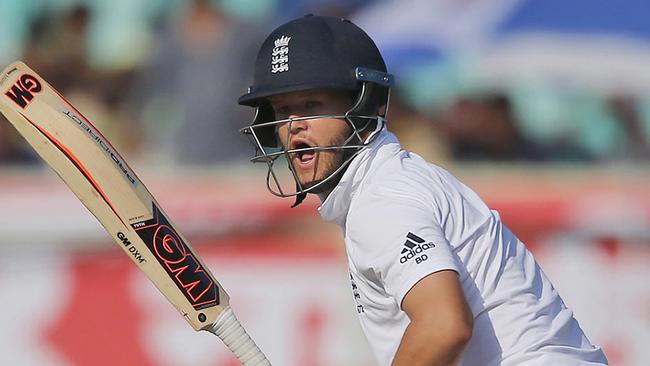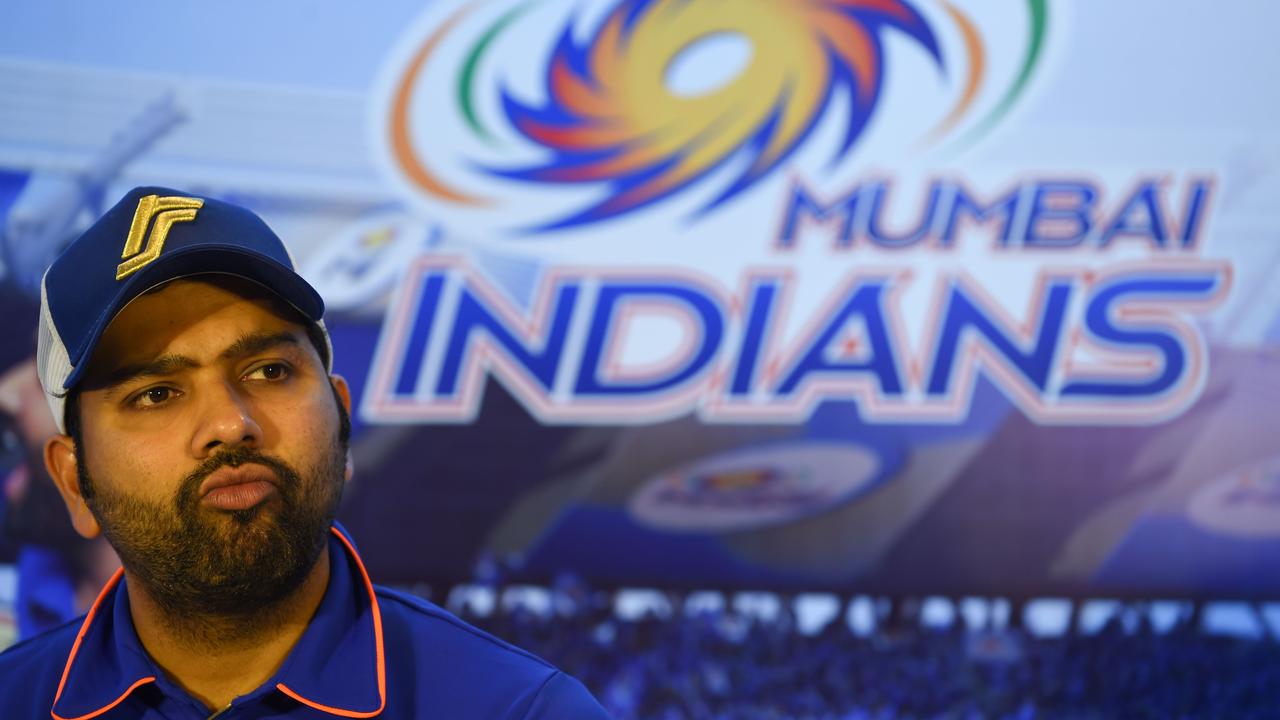Bens add fuel to the Ashes mire
It was never going to require much for this England team to go from a state of slight smouldering to a full-fledged dumpster fire.

It was never going to require much for this England team to go from a state of slight smouldering to the appearance of a full-fledged dumpster fire. There was too much fuel lying round; too many potential combustions; too many observers, perhaps, unconsciously willing it on. All it took was the combined influence of two Bens, neither of whom will feature in the Ashes, for Australians to be dissolved into fits of laughter.
They shouldn’t be too smug. Just over two years ago it was Australia’s turn to look a shambles. The captain could not buy a run; nor, in due course, could the team. Two fine cricketers, Brad Haddin and Shane Watson, were jettisoned. There was much binding in the Marshes. Seldom has an Australian team looked as directionless and, frankly, disconsolate.
Look back a little further to the twin Ashes of 2013-14, and both teams exhibited trends towards chaos. Warner in the Walkabout loosened the wheel nuts on Australia; the collapsing form of Graeme Swann, Matt Prior, Kevin Pietersen et al then blew the chassis off England. Coaches of both countries lost their jobs; so, in due course, did the England team director Paul Downton.
No beaten team is happy. But at least as fascinating as anything on the field in this decade’s Ashes has been the rivals’ sheer brittleness, their propensities to dominate and to capitulate, and the recourse to scrutiny of “culture” — that popular two-dollar word for what used to be called “team spirit”.
Strange, really, as there have surely never been more managers, support staff, security personnel, communications officers and external consultants involved in the running of their tours. Or maybe not so strange at all.
Like Cricket Australia, the England Cricket Board is a sizeable business with a considerable remit. It is, this summer, running three teams in Australia — not just a Test squad, led by Joe Root, but an England Lions, led by Keaton Jennings, followed in due course by a one-day party, led by Eoin Morgan.
I use the word “led”, but this is virtually an archaism. While the captains take charge on the field, they are integrated with a leadership structure involving Trevor Bayliss and Andy Flower, itself answerable to Downton’s successor Andrew Strauss, who reports in to ECB chief executive Tom Harrison and his chairman Colin Graves.
These are all competent and knowledgeable men. But because responsibility in this structure is diffuse, impressions of confusion are seldom far to seek.
Confronted in Brisbane with the molehill of Jonny Bairstow’s headbunt, for example, England heaped up a well-meaning mountain, first parading the hapless Bairstow, who was constrained from answering questions, next the bemused Bayliss, who was restricted in answering questions by his lack of information, next the perplexed Root, baffled to be fielding questions about a three-week-old triviality rather than a half-hour-old Test defeat, and finally Strauss, followed inevitably up the chain of command.
The result was a message, to say the least, mixed — that an “incident” hardly worth the name could only be addressed by a curfew that nobody wanted, none benefited from and yet was regarded as inevitable because management had to be seen to be doing something.
The reason for this, of course, was Ben Stokes. One infraction is an incident, two a trend. Ironically, I suspect that the matters of Stokes and Bairstow are distantly related despite their hugely discrepant significance. A night out in a pub after arriving would have looked a relaxingly familiar way for England’s cricketers to demonstrate that they weren’t spooked by events in Bristol in September. Better a pub, in fact, than a nightclub. On the other hand ...
It probably seemed a good idea to have the senior and junior squads mingle on Thursday night too. And if it was tone deaf to send them back to the same Perth hostelry as before, then maybe this was another lunge for normality, for release.
Then ... well … Ben Duckett, who will have frequent flyer miles alone to show for his visit to Australia, as well as a big “Please Sledge Me” sign on his back henceforth.
Again, though, this story evolved bizarrely, apparently from a report by the team’s own security detail, even if what it had to do with security one can hardly tell, unless the threat to James Anderson’s head has been graded “critical” by MI5.
Again, luckless Bayliss found himself in a position that few coaches would relish, stuck with minimising Duckett’s as a foolish act of youthful high spirits (“a trivial thing”; “small problems”) yet feeling obliged to treat it with the utmost gravity (“it doesn’t matter how trivial it is”; “some guys have to pull their head in”).
Duckett, in due course, received similar treatment from the ECB as Sam Dastyari got from Bill Shorten when he was “very, very strongly counselled”, and a swingeing fine and suspension preluded a further outbreak of chin-stroking.
A further line of communication was opened up by Anderson. “A bit of a non-event”; “a pretty silly incident”; “an unfair question mark over our culture”: his column in London’s The Telegraph sounded a wounded note on his own and his colleagues’ behalf. On which Root was compelled to comment, his concession of a “little bit” of disappointment with Anderson being likewise extensively parsed.
Alastair Cook put the tour into a loyally sober perspective on Tuesday. Perhaps, he conceded, the team had been slow to realise that the world had “obviously changed” since that fateful night in Bristol; they had not, however, stinted on effort. “I’ve never seen a team work as hard as this side is working,” he insisted, to the extent that players “desperate to do well” were having to be held back by coaching staff.
It’s possible, though, that the change is more general: that touring has grown so complex and hectic, teams so diverse and temporary, management so pervasive and hypervigilant, media so instant and incisive that risk is ingrained in the system. In which case talk of the “culture” is maybe half-right, in that it is formed by external as well as internal forces.



To join the conversation, please log in. Don't have an account? Register
Join the conversation, you are commenting as Logout